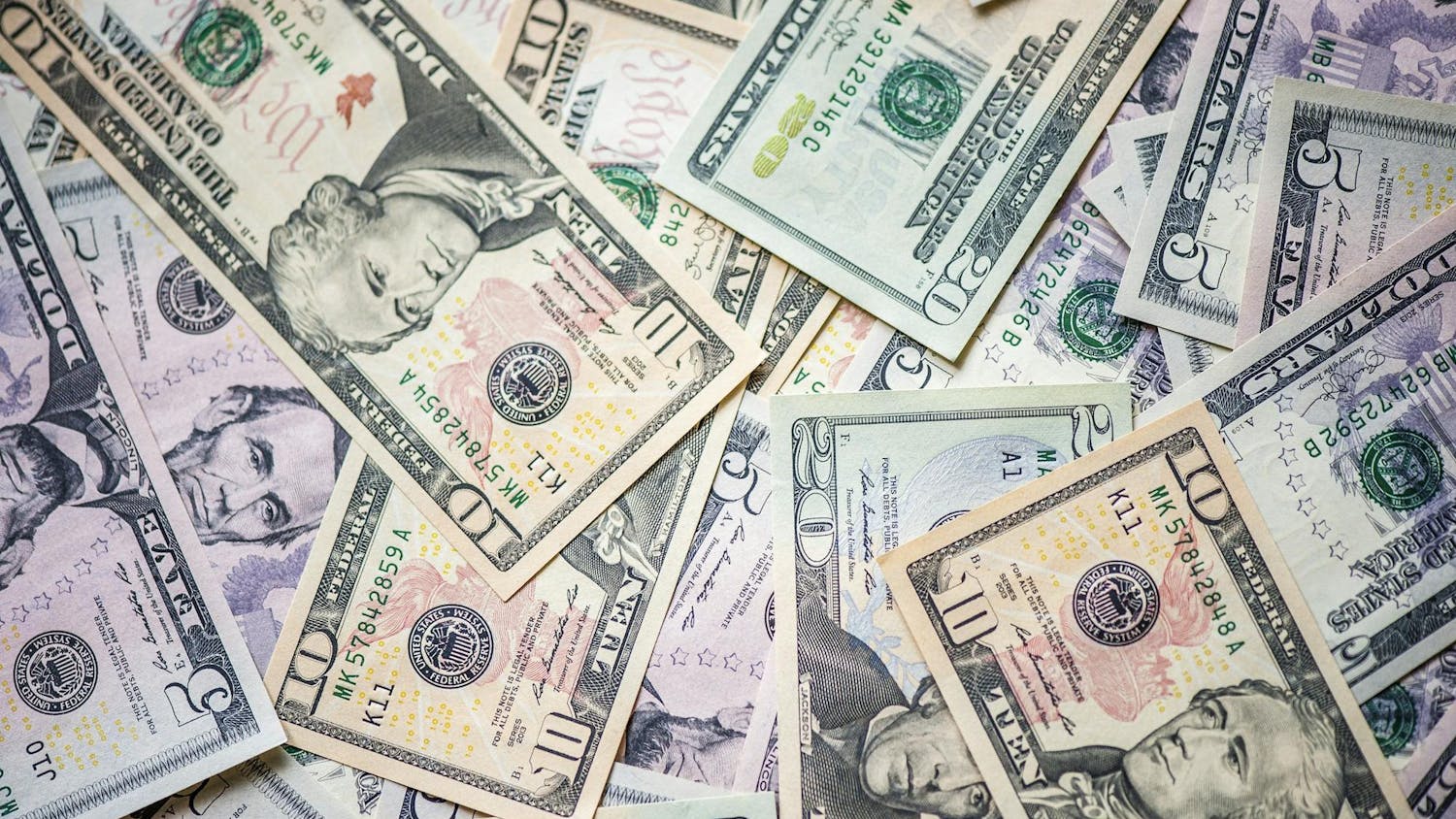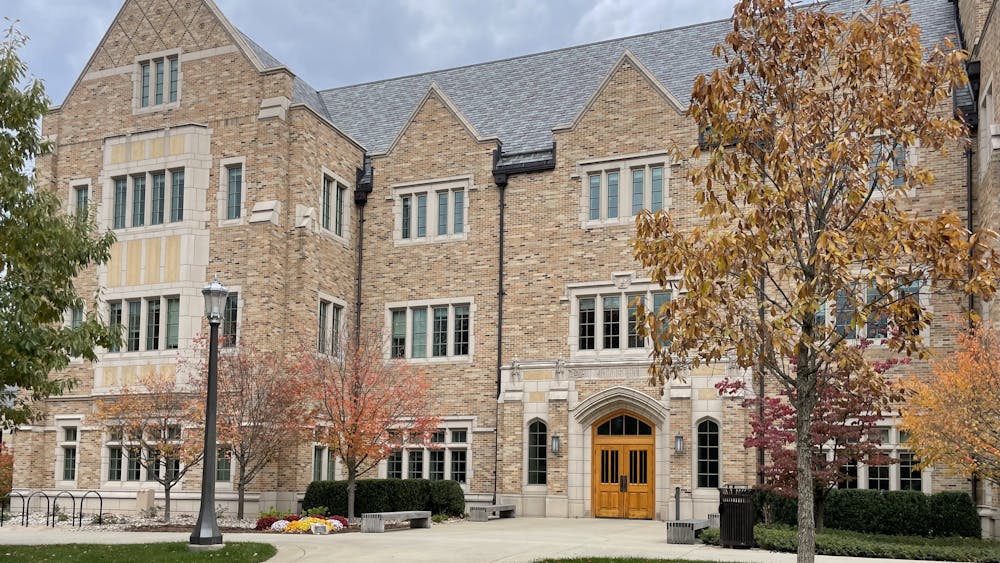The National Health Institute (NIH) announced in October plans to give out nearly $251 million in grants over five years to 85 different scientists in their High-Risk, High Reward Research Program. Notre Dame’s Katharine Whitewas on the list.
White is an assistant professor of chemistry and biology at the University of Notre Dame, as well as a 2007 graduate from Saint Mary’s, whose innovative research caught the attention of the NIH.
She was awarded the Director’s New Innovators Award, a prestigious grant with a particular emphasis on supporting young researchers with big ideas.
“The award funds exceptionally creative, early career-investigators, so that’s people that propose innovative risk but also high reward research,” White said. “It’s research that’s innovative, and risky, but has a huge potential impact in human health and improving human health. Broadly, and in this case, improving the treatment of cancer.”
White’s research focuses on comparing the relationship of the pH levels within cancer cells to normal cells.
“Our research platform in general is at the interface of chemistry and cell biology. We design new chemical tools to manipulate cell biology,” White said. “Our focus is on understanding how intracellular pH dynamics [regulate] normal cell biology as well as how dysregulated pH dynamics drive diseases like cancer.”
Junior Michael Siroky, who has been working in White’s lab since June 2019, said this research has the potential to find new ways to reverse the effects of cancer growth.
“We’re very interested in how the dysregulation of pH in cancer cells affects a lot of the hallmarks of cancer, like growth and metastasis and different metabolic adaptations,” Siroky said. “We’re primarily focused on how those changes come about and to some extent like how to reverse them.”
There are many smaller projects under the umbrella of White’s area of research. Junior Jessamine Kuehn has been a member of White’s lab since spring 2019 and has been working on one of the sub-projects.
“My project was working with a particular mutation that’s found in 70% of gliomas,” Kuehn said. “It was a point mutation that changed an arginine, a really basic amino acid, to a histidine, pH near-neutral amino acid, that could actually function as a molecular switch to change, with small changes in the intracellular pH of the cell, the function of the mutated protein.”
With the influx of resources the grant will give her lab, White said she will be abled to dive into new avenues and sub-topics of her research. In particular, White said she would be looking into how heterogeneity drives single-cell migration and metastasis events or how the diversity of shape and function of cancer cells impacts their ability to spread in the body.
Furthermore, Siroky said this grant will give the lab the power to increase the specificity of their results and generate new opportunities to share their findings.
Receiving the NIH grant has been an aim for White since its inception. She said she believes her research is unique from other cancer research because it is the intersection between two areas of study — applying the usage of chemical tools to gain a better understanding of cellular behavior.
“I think one of the key reasons my work is potentially highly innovative [is] because it exists at this interface between chemistry and cell biology,” White said.
Kuehn works closely with White as she learns new skills for the projects she takes on in the lab.
“I have a lot of one on one [time], like learning procedures with [White]. It’s really nice that she’s available for that kind of guidance. I really appreciated that,” Kuehn said.
Siroky said he is glad to see White’s hard work pay off.
“It’s pretty gratifying, especially knowing how hard [White] works inside and outside the lab,” Siroky said. “She’s always fighting for all of these opportunities; it’s really good to see one of them that’s this important pay off because she definitely deserves it to the fullest extent.”
Read More
Trending









